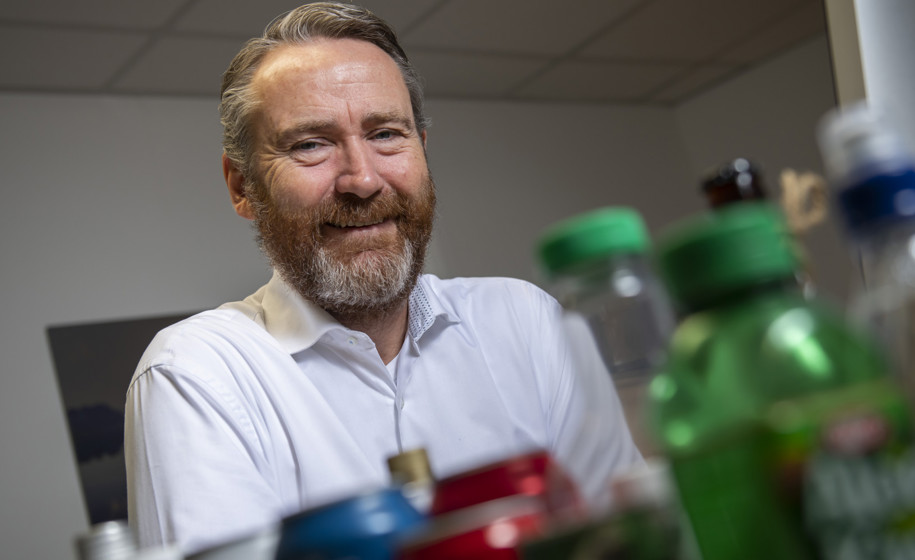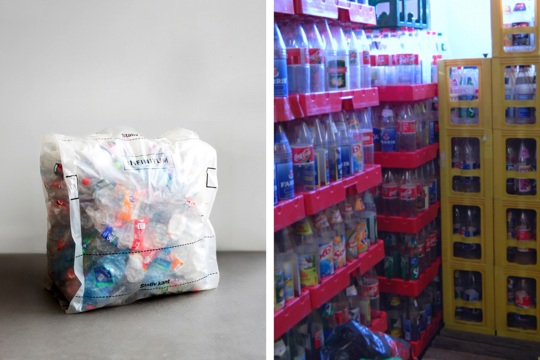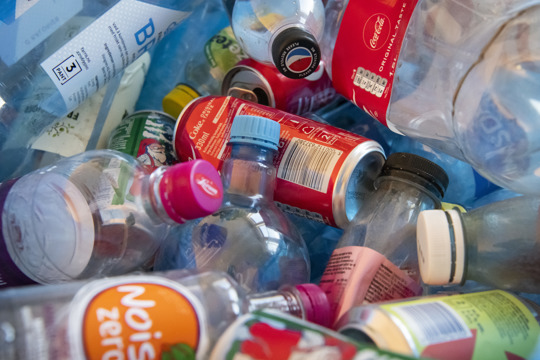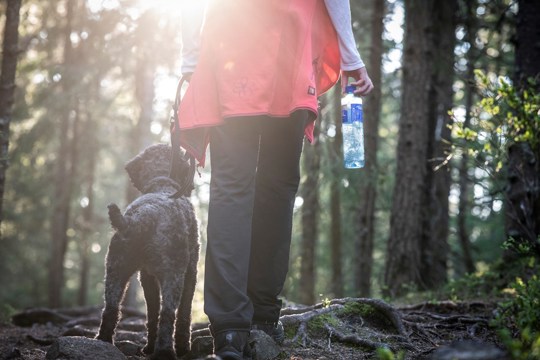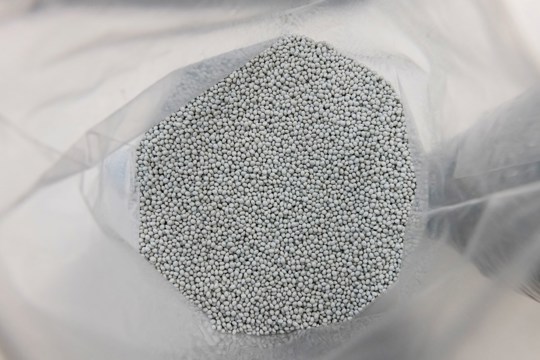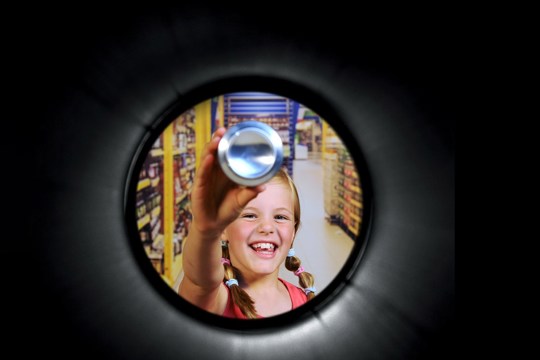“The Norwegian refundable deposit system is an example of producers taking responsibility and creating good solutions when governments provide the right framework conditions,” says Infinitum’s CEO Kjell Olav Maldum.
At the end of February 2020, the Norwegian Environment Agency published proposed amendments to the country’s Waste Regulations which included requirements for a higher rate of materials recycling.
New requirements for collection and materials recycling
The new requirements are intended to help implement the EU directive on packaging and packaging waste. The Environment Agency is proposing to increase producers’ financial liability for ensuring that packaging does not end up as waste. In Norway, beverage producers have shouldered such a liability for 20 years. At the outset, a hefty environmental levy is imposed on all bottles and cans sold in Norway, but the size of the levy gradually diminishes in line with the rise in the percentage of bottles and cans being collected back in. This solution makes it profitable for producers to ensure that bottles and cans are collected rather than ending up littering the landscape or being incinerated along with other household waste.
“The variable environmental levy underpins today’s refundable deposit scheme, and has resulted in Norway being among the countries with the highest return rate for beverage containers. We have reached the EU’s 90 per cent collection target a whole decade before the deadline,” says Maldum.
Quality in – quality out
One of the Environment Agency’s proposals is for greater control of the packaging entering the market. The environmental levy on beverage containers requires documentation for how much is put out into the market and how much is collected back in. This also enables standards to be set for the bottles and cans that are allowed to join the refundable deposit scheme.
“We make demands with regard to the materials used for the bottles and cans that carry the deposit label. We can therefore offer customers recycled plastics and aluminium of a high quality. For the Norwegian refundable deposit scheme, the motto is ‘quality in – quality out’,” says Maldum.
Choosing recycled plastic raw materials must make economic sense
As a result of the environmental levy, Infinitum and the Norwegian refundable deposit system have solved the challenges that other plastic packaging has. A real circular economy for PET bottles is therefore tantalisingly close. Only one real challenge remains; it is still cheaper to buy new plastic than recycled plastic. So, there is some way yet to go before there is a solid and stable market for recycled plastic.
“We have proposed a solution to the Minister of Finance and the Norwegian government. In our view, today’s levies on beverage packaging should be adjusted to comprise an environmental levy, like today, and a separate levy that decreases in line with the percentage of recycled plastic the bottles are made of. In this way, it will make economic sense for producers to choose recycled instead of new plastic. In doing so, we will have established a circular economy for beverage containers, and then we can truly call ourselves pioneers, as the government is aiming for,” says Maldum in conclusion.

